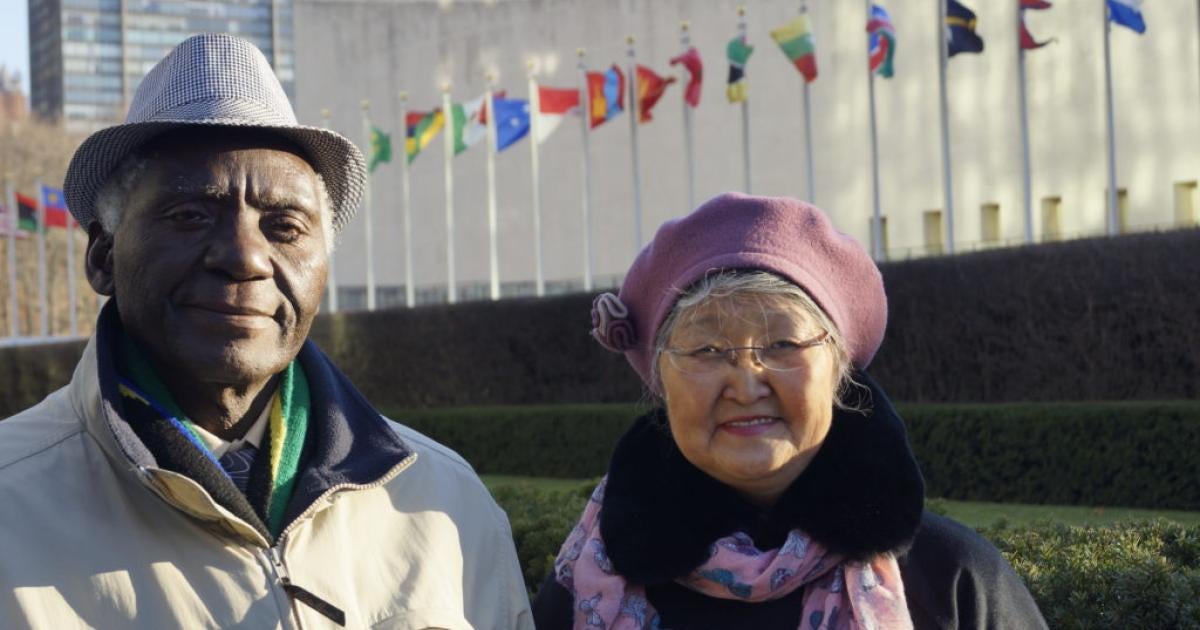Last week, a long-standing United Nations body made a historic decision, acknowledging that the international human rights regime does not adequately protect the rights of older people and recommending a new human rights treaty to remedy this. The decision was reached unanimously by the UN Open-Ended Working Group on Ageing, following negotiations chaired by Argentina and mediated by Brazil and Portugal.
Among its recommendations, the Working Group suggested that states pay more attention to older persons when reporting on their implementation of existing international human rights treaties. The Working Group was established in 2010 to identify gaps in the protection of older persons in international human rights law and recommend solutions to address them.
One such gap is the lack of an international human rights treaty that explicitly prohibits violence, abuse, torture, ill-treatment and neglect against older people. Actions and treatment that may be considered unacceptable or even illegal for younger people may be considered acceptable for older people. In the absence of clear international standards to guide them, national laws often do not adequately protect older people from abuse.
For example, Human Rights Watch has documented the widespread use of chemical restraints in Australian aged care facilities – the use of drugs to control behaviour without therapeutic intent – as a form of violence and abuse against older people, and may amount to torture or ill-treatment.
Australia told the working group that its new aged care laws address the rights of older people, but the draft bill does not prohibit the use of chemical restraints, but rather explicitly permits them.
The Working Group’s decision paves the way for the UN Human Rights Council to debate the content of a new treaty on the rights of older persons. Given the severity of the harm experienced by older persons, governments should act swiftly on this recommendation.
The new Convention will have a unique and significant impact on the rights of older persons. It will improve our understanding of how the rights of older persons, such as freedom from violence, abuse and neglect, set international standards and encourage national laws to comply with them, providing a framework for a world free of age discrimination and ageism, both symbolically and substantively.

